Finding the perfect canine companion is a dream for many, but for those sensitive to pet dander or simply seeking a cleaner home, the prospect of constant shedding can be a significant deterrent. Fortunately, the world of dog breeds offers a delightful array of small dogs that don’t shed, or shed minimally. These breeds are ideal for apartment living, allergy sufferers, and anyone who prefers less time spent vacuuming and more time enjoying their furry friend. At Dog Care Story, we understand the importance of choosing a pet that fits seamlessly into your life, and this guide is designed to introduce you to the best small, low-shedding dog breeds available.
Top Small Breeds for Minimal Shedding
When considering a dog that doesn’t shed much, it’s important to remember that “non-shedding” often means “low-shedding.” All dogs produce dander, and even breeds known for not shedding will lose some hair, especially during seasonal changes. However, these breeds are significantly easier to manage for those concerned about shedding.
Affenpinscher
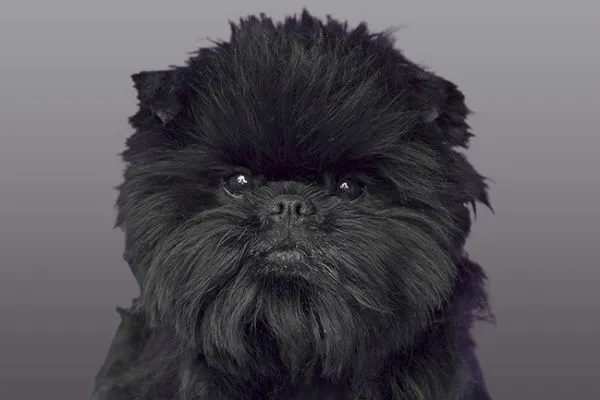 affenpinscher
affenpinscher
The Affenpinscher, meaning “monkey-like terrier,” lives up to its name with its intelligent and somewhat mischievous demeanor. This fearless little dog, despite its small stature, makes an excellent watchdog. Their wiry coat sheds very minimally and is known for having almost no doggy odor. Regular brushing twice a week with a slicker brush and comb is sufficient to maintain their shaggy yet tidy appearance. Their low-maintenance coat, coupled with their humorous personality, makes them a unique and charming companion. For those interested in this breed, exploring options for toy breed dogs for sale near me might lead you to an Affenpinscher.
Basenji
The Basenji is a fascinating breed, often called the “barkless dog” because they make a unique yodel-like sound instead of barking. For hound lovers who dislike the typical shedding and odor associated with many hounds, the Basenji is an excellent alternative. They shed very little, and their short, fine coat requires minimal grooming beyond occasional brushing. Basenjis are also remarkably quiet, making them well-suited for apartment living, provided they receive adequate daily exercise and playtime.
Bichon Frise
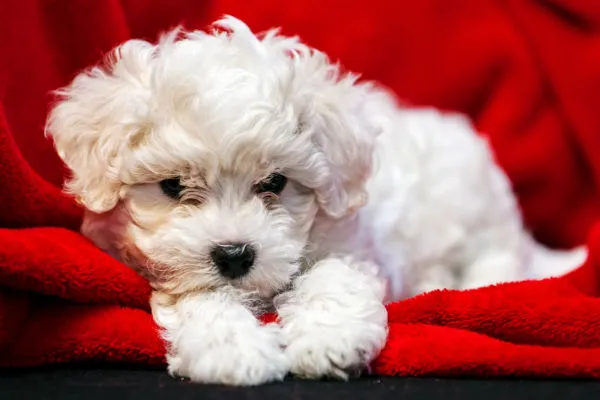 bichon frise
bichon frise
The Bichon Frise is a quintessential non-shedding small dog breed, renowned for its playful and affectionate nature. This breed is often recommended for individuals with allergies due to its hair-like coat, which grows continuously. While they don’t shed much, their coat does require frequent grooming, regular brushing, and occasional baths to maintain their signature “powder-puff” appearance. The commitment to grooming is richly rewarded by their cheerful disposition.
Bolognese
Similar to the Bichon Frise, the Bolognese boasts a distinctive fluffy coat that consists of hair rather than fur. This breed is a true non-shedder, though dead hair needs to be brushed out regularly. Daily grooming is essential to keep these lovable lap dogs looking their best and to prevent matting. Their gentle and affectionate nature makes them wonderful companions for families.
Brussels Griffon
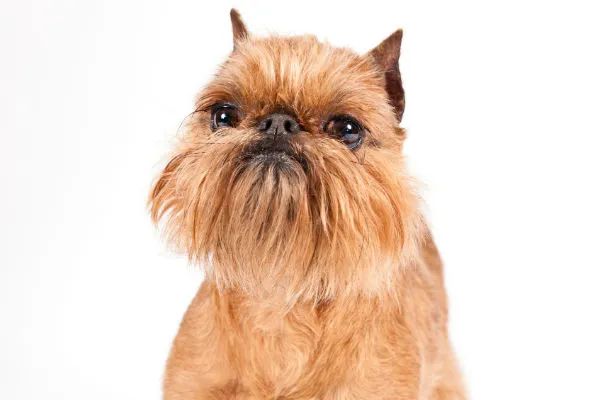 brussells griffon
brussells griffon
The Brussels Griffon, despite its small size, is a robust and self-assured dog that doesn’t require excessive pampering. Available in both smooth-coated and rough-coated varieties, both types are minimal shedders and benefit from regular grooming. Their exercise needs are easily met with daily walks and indoor play, making them adaptable to various living environments. These loyal dogs thrive in households where they can spend ample time with their families.
Chinese Crested
The Chinese Crested offers a unique solution to shedding: being a hairless breed. They come in two types: the hairless variety, which has a tuft of hair on its head, tail, and feet, and the powderpuff variety, which is covered in a fine, soft coat that sheds very minimally. Hairless Chinese Crested dogs require special attention to their skin, needing protection from sun and cold and being more susceptible to skin irritations. Their distinctive look and low-shedding nature make them a standout choice.
Coton De Tulear
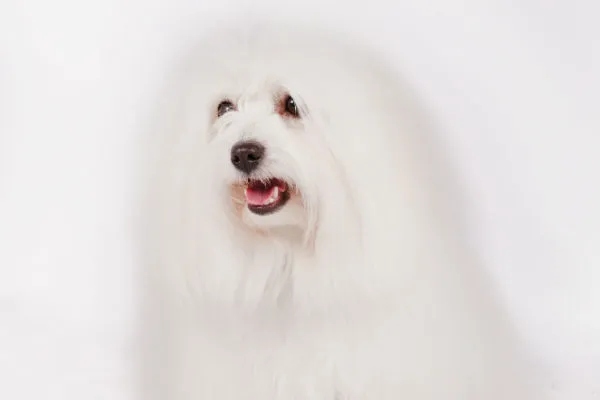 coton de tulear
coton de tulear
The Coton de Tulear is distinguished by its long, fluffy, cotton-like coat, often considered hypoallergenic. This makes them an excellent choice for allergy sufferers and those seeking a small dog with minimal shedding. While their coat requires daily grooming to prevent tangles and maintain its pristine condition, their lighthearted and gentle temperament makes the grooming effort a joyful experience.
Havanese
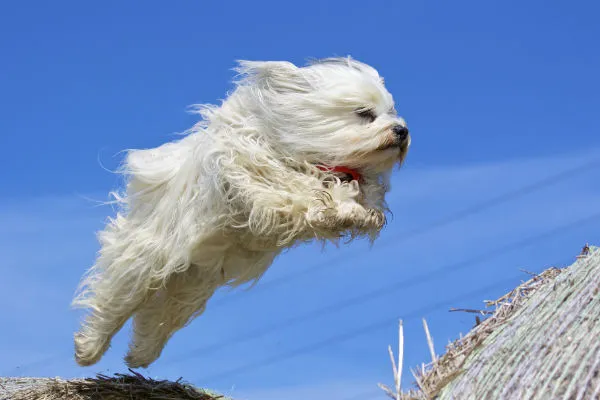 havanese
havanese
Hailing from Cuba, Havanese dogs are known for their spunky charm and a coat that sheds very little. This means less time spent dealing with dog hair on your furniture and more time enjoying playful interactions with your pet. Their coat requires weekly brushing and regular baths to keep it clean and healthy, ensuring they remain looking their best.
Maltese
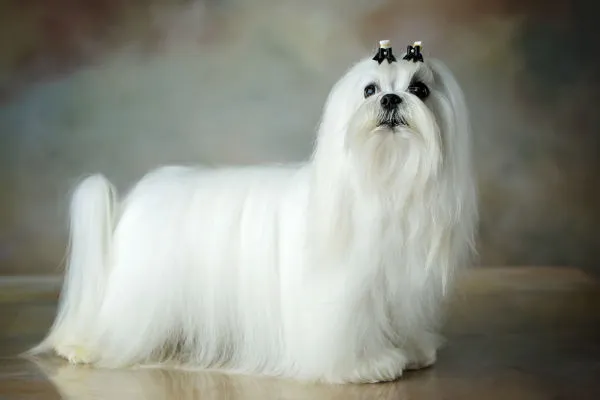 maltese
maltese
The Maltese is an ancient breed that has captivated humans for millennia. Their long, white coats shed very little, contributing to their status as ideal lap dogs. To prevent mats and keep their silky hair in beautiful condition, regular brushing is essential, along with occasional baths to remove any dirt. Their elegant appearance and gentle nature make them beloved companions.
Lhasa Apso
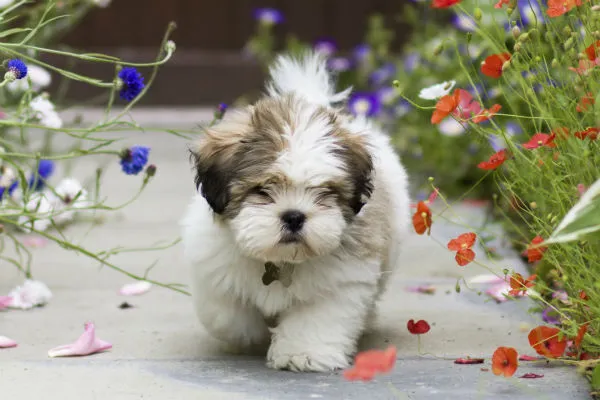 lhasa apso
lhasa apso
This small breed from Tibet is an excellent companion, balancing a calm demeanor with a playful spirit. Lhasa Apsos do not shed, but their coat requires consistent maintenance. Many owners opt for a shorter “puppy cut” to simplify grooming and brushing the long hair. Their independent yet affectionate nature makes them devoted pets.
Miniature Schnauzer
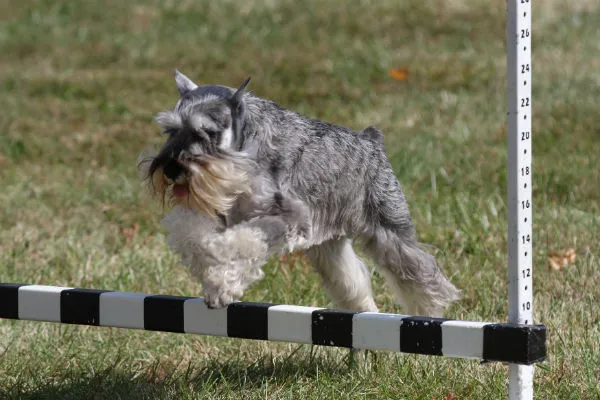 miniature schnauzer
miniature schnauzer
The Miniature Schnauzer is an intelligent, trainable, and cheerful dog that closely resembles its larger Standard Schnauzer relative. This terrier breed sheds very little, and their adaptability allows them to thrive in both urban and rural settings, as long as they are close to their families. Regular grooming and weekly brushing are key to maintaining their characteristic appearance.
Poodle
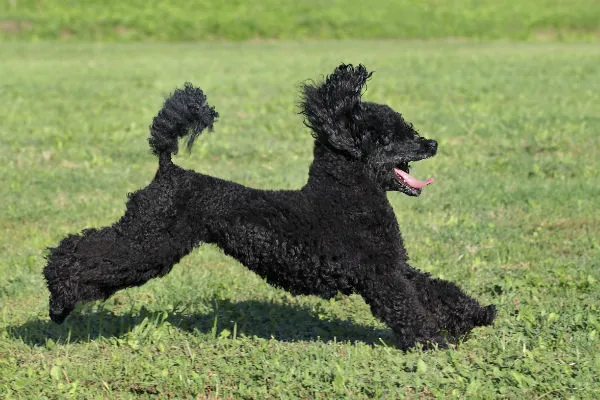 poodle
poodle
Poodles are perhaps the most widely recognized small dogs that don’t shed. Their hair-like coats are considered hypoallergenic, making them a top choice for allergy sufferers. Miniature and Toy Poodles offer these desirable traits in smaller, intelligent packages. Highly intelligent and eager to please, Poodles are relatively easy to train, though their coat does require regular professional grooming.
Scottish Terrier
The Scottish Terrier, or Scottie, is a bold and confident breed with a substantial personality packed into a small frame. Their wiry, weather-resistant coat sheds minimally, but requires regular brushing, grooming, and occasional hand-stripping to maintain coat health and the breed’s distinct outline. Scotties are clever and independent, with a strong prey drive, so supervision is needed around smaller animals.
Shih Tzu
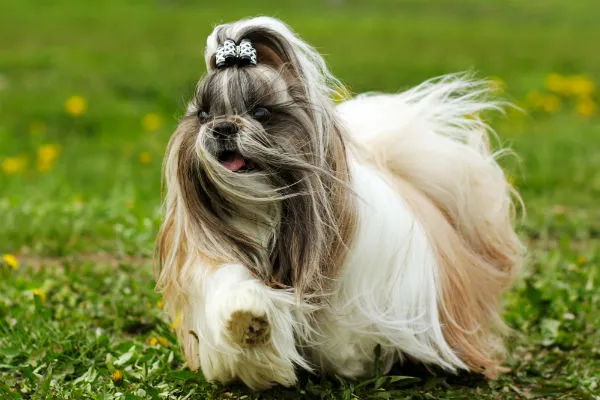 shitzhu
shitzhu
The Shih Tzu, historically favored by Chinese royalty, is known for its luxurious, long, silky hair that is very low-shedding. When brushed out, their coat presents a regal appearance befitting their “little lion dog” nickname. This sturdy and lively toy breed is known for its gentle, trusting nature, making them exceptional and affectionate house pets.
West Highland White Terrier
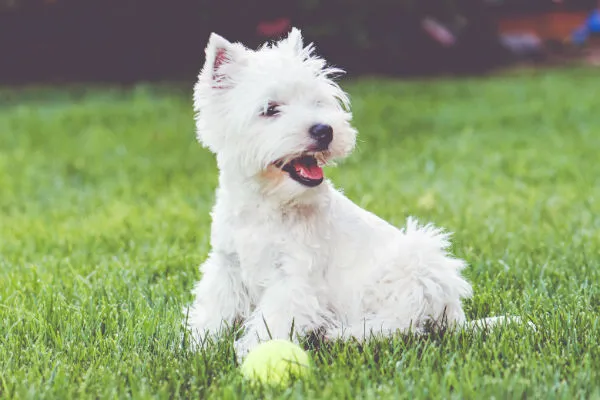 west highland terrier
west highland terrier
The West Highland White Terrier, or “Westie,” has a coarse, white coat that sheds very little. This sturdy little dog is intelligent, loyal, happy, and highly entertaining. They possess a curious nature and moderate energy levels, along with an independent streak common to terriers, which can sometimes present a training challenge.
Xoloitzcuintli
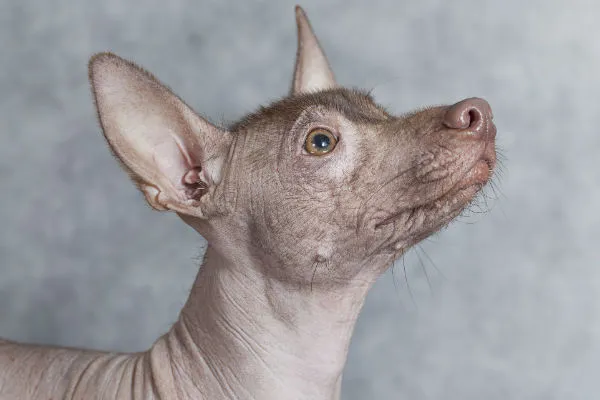 xolo
xolo
Also known as the Mexican Hairless dog, the Xoloitzcuintli is an ancient and rare breed that can be hairless or coated. The hairless variety has minimal hair on its head, tail, and feet, while the coated variety has a very short, fine coat that sheds minimally. Like other hairless breeds, Xolos require extra skin care to protect them from the elements. They make attentive watchdogs and affectionate companions, enjoying physical activity while maintaining a tranquil presence at home.
Yorkshire Terrier
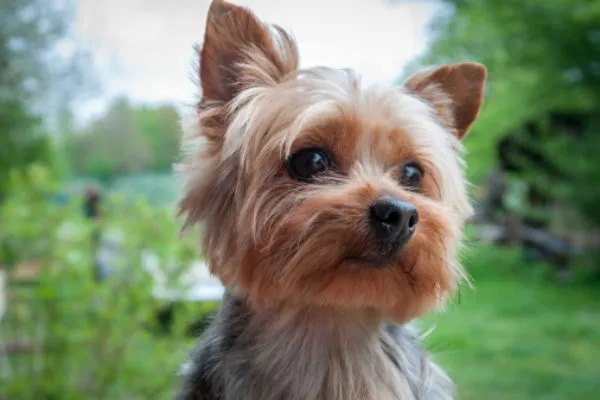 yorkie
yorkie
The Yorkshire Terrier, or Yorkie, is a sprightly, tomboyish, and affectionate toy breed brimming with personality. These spunky lap dogs are renowned for their non-shedding, silky coats that are beautiful when brushed daily. Despite their elegant appearance, Yorkies have working-class roots, historically used to hunt rats. Today, they are equally content to be cherished lap companions. Exploring toy breed dogs for sale near me might reveal a charming Yorkie.
Considerations for Low-Shedding Breeds
While these breeds offer the advantage of minimal shedding, it’s crucial to remember that they are not maintenance-free. Their hair-like coats often require consistent grooming, including regular brushing, bathing, and professional grooming appointments, to prevent matting and maintain coat health.
Responsible Ownership
Choosing any dog is a significant commitment. Beyond breed characteristics like shedding, consider factors such as temperament, exercise needs, potential health issues, and how well the dog will integrate into your lifestyle. Always strive to purchase a dog from a reliable breeder to ensure good health and temperament. Providing a high-quality diet and regular veterinary check-ups are fundamental to your dog’s well-being.
At Dog Care Story, we encourage thorough research and careful consideration when selecting your next canine companion. By understanding the unique needs of low-shedding breeds, you can make an informed decision and welcome a happy, healthy dog into your home.
